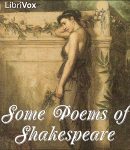
Some Poems of Shakespeare
A selection of Shakespeare’s poems from The Oxford Book of English Verse: 1250–1900. (Summary by Clarica) [chương_files]
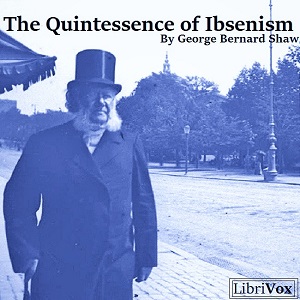
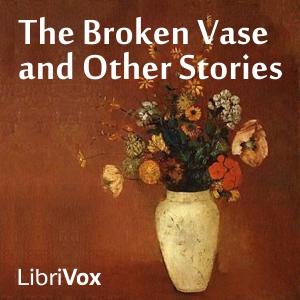


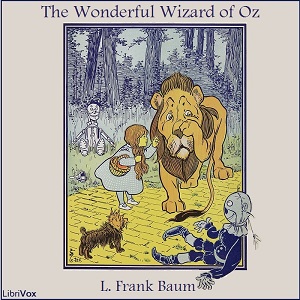
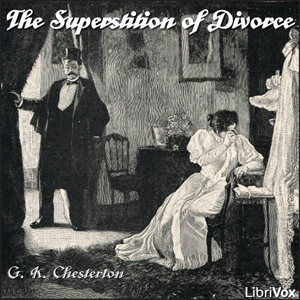


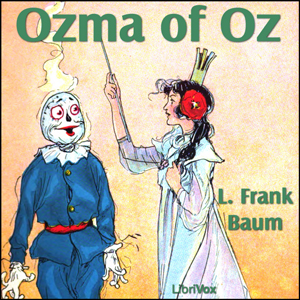
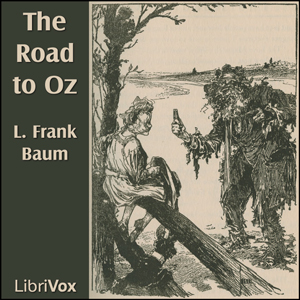

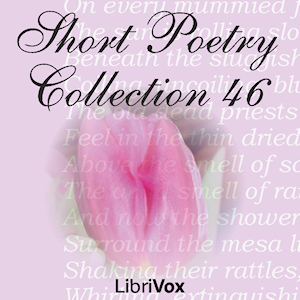
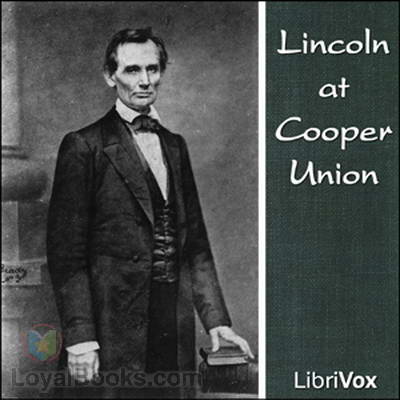

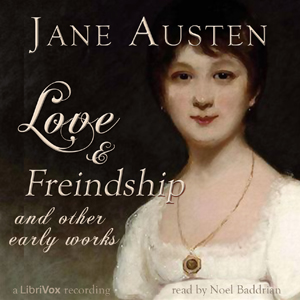
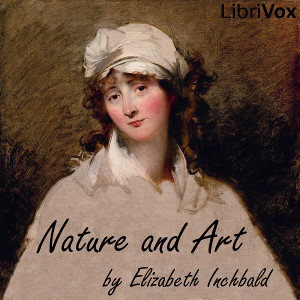
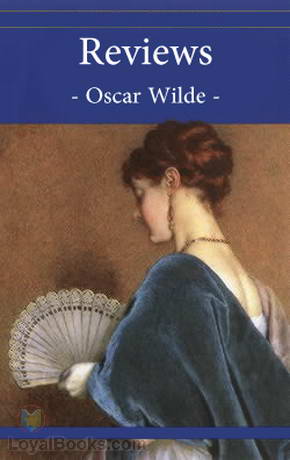
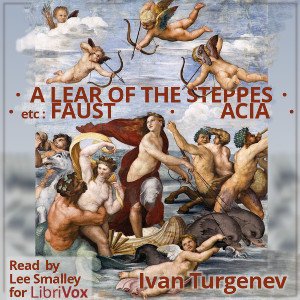



A selection of Shakespeare’s poems from The Oxford Book of English Verse: 1250–1900. (Summary by Clarica) [chương_files]

“Second, when telling such lies as may seem necessary to your international standing, do not tell the lies to the people who know the truth. Do not tell the Eskimos that snow is bright green; nor tell the negroes in Africa that the sun never shines in that Dark Continent. Rather tell the Eskimos that the sun never shines in Africa; and then, turning to the tropical Africans, see if they will believe that snow is green. Similarly, the course indicated for you is to slander the Russians to the English and the English to the Russians; and there are hundreds of good old reliable slanders which can still be used against both of them. There are probably still Russians who believe that every English gentleman puts a rope round his wife’s neck and sells her in Smithfield. There are certainly still Englishmen who believe that every Russian gentleman takes a rope to his wife’s back and whips her every day. But these stories, picturesque and useful as they are, have a limit to their use like everything else; and the limit consists in the fact that they are not true, and that there necessarily exists a group of persons who know they are not true. It is so with matters of fact about which you asseverate so positively to us, as if they were matters of opinion.” (Gilbert Keith Chesterton) [chương_files]
LibriVox’s Short Poetry Collection 062: a collection of 20 public-domain poems. [chương_files]
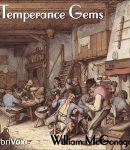
_Good people all, of every degree, I pray, ye all be warned by me: I advise ye all to pause and think, And never more to taste strong drink. Some people do say it is good when taken in moderation, But, when taken to excess, it leads to tribulation, Also to starvation and loss of reputation, Likewise your eternal soul’s damnation._ McGonagall has been widely acclaimed as the worst poet in British history. He campaigned vigorously against excessive drinking, appearing in pubs and bars to give edifying poems and speeches. These were very popular, the people of Dundee possibly recognising that McGonagall was “so giftedly bad he backed unwittingly into genius”. Six of those poems are recited here. (Summary collated from McGonagall’s verse and Wikipedia by Cori Samuel.) [chương_files]

This collection of 14 stories collected by Lafcadio Hearn, contains Japanese ghost stories, but also several non-fiction pieces. Hearn tries to give a glimpse into the customs of the Japanese, by giving examples of Buddhist Proverbs and explaining the use of incense and the nation wide fascination with poetry. Furthermore, he has again translated several hair-rising ghost stories, like “A Passional Karma” about the truly undying love of a young couple. [chương_files]

A second helping of Alphabet Books! This collection has a wide-ranging variety of short books, and not only for younger readers, but also for young and not so young adults. Opening with a book based on the colorful language of London’s street vendors, this collection winds its way through a book of tongue-twisters, two primers of nonsense poetry by the inimitable Edward Lear, and early readers from 19th century England. For older readers, there is the biting, sardonic humor of Hilaire Belloc’s satirical alphabet verses. There is even a “Baseball ABC,” a recording which will be released in time for the World Series playoffs! Soup’s on! (Summary by Denny Sayers) [chương_files]

Charlotte Turner Smith (1749 – 1806) was an English poet and novelist. She initiated a revival of the English sonnet, helped establish the conventions of Gothic fiction, and wrote political novels of sensibility. It was in 1784, in debtor’s prison with her husband Benjamin, that she wrote and published her first work, Elegiac Sonnets. The work achieved instant success, allowing Charlotte to pay for their release from prison. Smith’s sonnets helped initiate a revival of the form and granted an aura of respectability to her later novels. Stuart Curran, the editor of Smith’s poems, has written that Smith is “the first poet in England whom in retrospect we would call Romantic”. She helped shape the “patterns of thought and conventions of style” for the period. Romantic poet William Wordsworth was the most affected by her works. He said of Smith in the 1830s that she was “a lady to whom English verse is under greater obligations than are likely to be either acknowledged or remembered”. By the second half of the nineteenth century, however, Smith was largely forgotten. [chương_files]
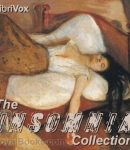
Soporific dullness is in the ear of the listener, and what’s tedium incarnate to one person will be another person’s passion and delight. However, it is hoped that at least one from the range of topics here presented will lull the busy mind to a state of sweet sleep. Introduction by Cori Samuel. [chương_files]
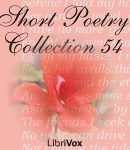
LibriVox’s Short Poetry Collection 054: a collection of 20 public-domain poems. [chương_files]
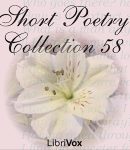
LibriVox’s Short Poetry Collection 058: a collection of 20 public-domain poems. [chương_files]
Copyright © 2024 | FreeAudible